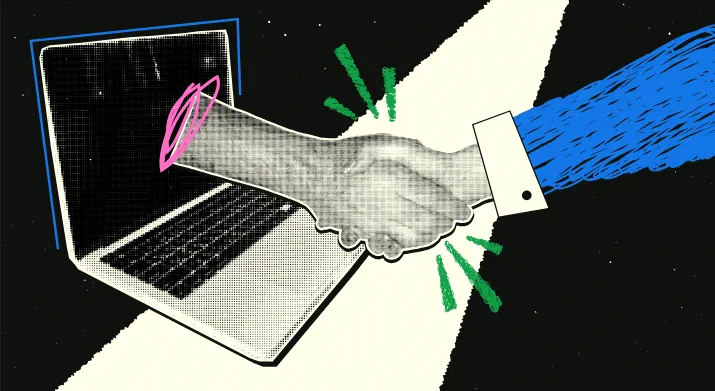How to become a medical laboratory scientist
Conduct tests to diagnose diseases and provide information about treatment and future prevention.
Pathways to this career
- Medical laboratory scientists must complete a bachelor's degree in health, medical or biomedical science.
- To further your career as a medical laboratory scientist, consider postgraduate studies to specialise in a particular subject area within the field.
- Seek out internships and placement programs within government and local councils, or private firms dealing in science, medicine or technology to gain specialised in-lab experience and priority for internal promotion.
What does a medical laboratory scientist do?
Duties and tasks
- Advise medical professionals on the results of tests and offering suggestions for diagnosis and treatment.
- Analyse samples for consistency, makeup, and irregularities.
- Maintain laboratory equipment and making minor repairs as needed.
- Operate microscopes and other equipment to test and examine samples.
- Receive tissue and other samples for experimentation and analysis.
- Work with occupational health authorities to ensure laboratories are kept up to code and established regulations.
Professional bodies
Related jobs
- Biomedical scientist
- Hospital scientist
- Medical laboratory technician
- Medical scientist
- Microbiologist
- Pathologist
Discover related courses
Undergraduate CUR-CHS-CTF
Undergraduate USA-BHC-DEG
Postgraduate UND-HSC-GCE
Step up your career with these resources

10 fascinating uni subjects that are open to everyone in 2025
Want to understand the psychology behind Trumpism? Push for better climate action? Or improve your cultural sensitivity in healthcare? These online subjects—and more!—are now accepting 2025 enrolments.

5 small business courses for self-starters
Whether you’re a small business owner or plotting away at a side hustle, there are many online business courses to choose from to help you get in touch with your entrepreneurial side and launch your ideas off the ground.

How to negotiate a higher salary
Not sure what to say when negotiating your salary? Follow these tips from career strategist Kelly Magowan next time you need to make your case with an employer.

Is a career in project management right for you?
Do you get a kick out of thinking big and getting things done? You could make a great project manager.
Together, we've got this
Your dedicated advisor will help you enrol, plan your studies and find confidence in the knowledge that you belong at university. They’ve helped thousands before you. Now it’s your turn.